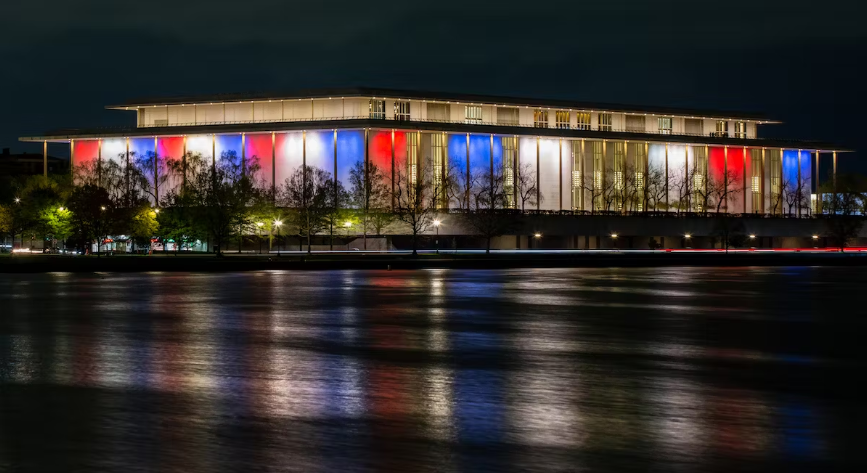Former Kennedy Center Execs Fabricated Financials To Hide Deficit Spending, Internal Docs Show
A financial scandal has rocked the Kennedy Center for the Performing Arts, as internal audits and newly surfaced documents reveal that former executives allegedly fabricated financial records to conceal a massive structural deficit and mislead donors, board members, and the public.
According to the findings, nearly $26 million in fake “phantom revenue” was inserted into reports to make it appear the organization was financially stable. In reality, the Kennedy Center faced a structural deficit that ballooned to over $100 million. Auditors say a $54 million debt reserve was rebranded as a “sustainability fund” to disguise the true financial health of the institution.
Interim CFO Donna Arduin, a seasoned fiscal reformer, uncovered the discrepancies and described the accounting practices as deceptive and possibly illegal. Interim President Richard Grenell has called the revelations “potentially criminal” and confirmed the matter will be referred to the U.S. Attorney’s Office for further investigation.
At the center of the controversy are former Kennedy Center President Deborah Rutter and former board chair David Rubenstein. Both deny any wrongdoing. Rutter insists all budgets were approved by the board, including members appointed under the Trump administration, and maintains that the organization was operating with proper oversight. She also claimed that at the time of her departure in February, the Center had $10 million in reserves.
Despite those defenses, the fallout has been swift. The Kennedy Center has already implemented significant layoffs, including cuts to its marketing and government relations departments. Many employees, however, are questioning the justification for the layoffs after tax filings showed the Center ended fiscal year 2023 with a reported $6 million surplus. Critics argue that the surplus numbers conflict with the justification for staff reductions and may be part of the same pattern of financial misrepresentation.
The scandal threatens to undermine public trust in one of the nation’s most prestigious cultural institutions, particularly because the Kennedy Center receives significant federal funding. Calls are growing for stronger oversight and accountability, especially given the scale of the alleged deception and the Center’s role in stewarding taxpayer-supported arts programming.
The investigation is ongoing, and whether criminal charges will be filed remains to be seen. In the meantime, the Kennedy Center faces a critical test—not only in restoring its finances, but in repairing its credibility with the public, its donors, and the broader arts community.

